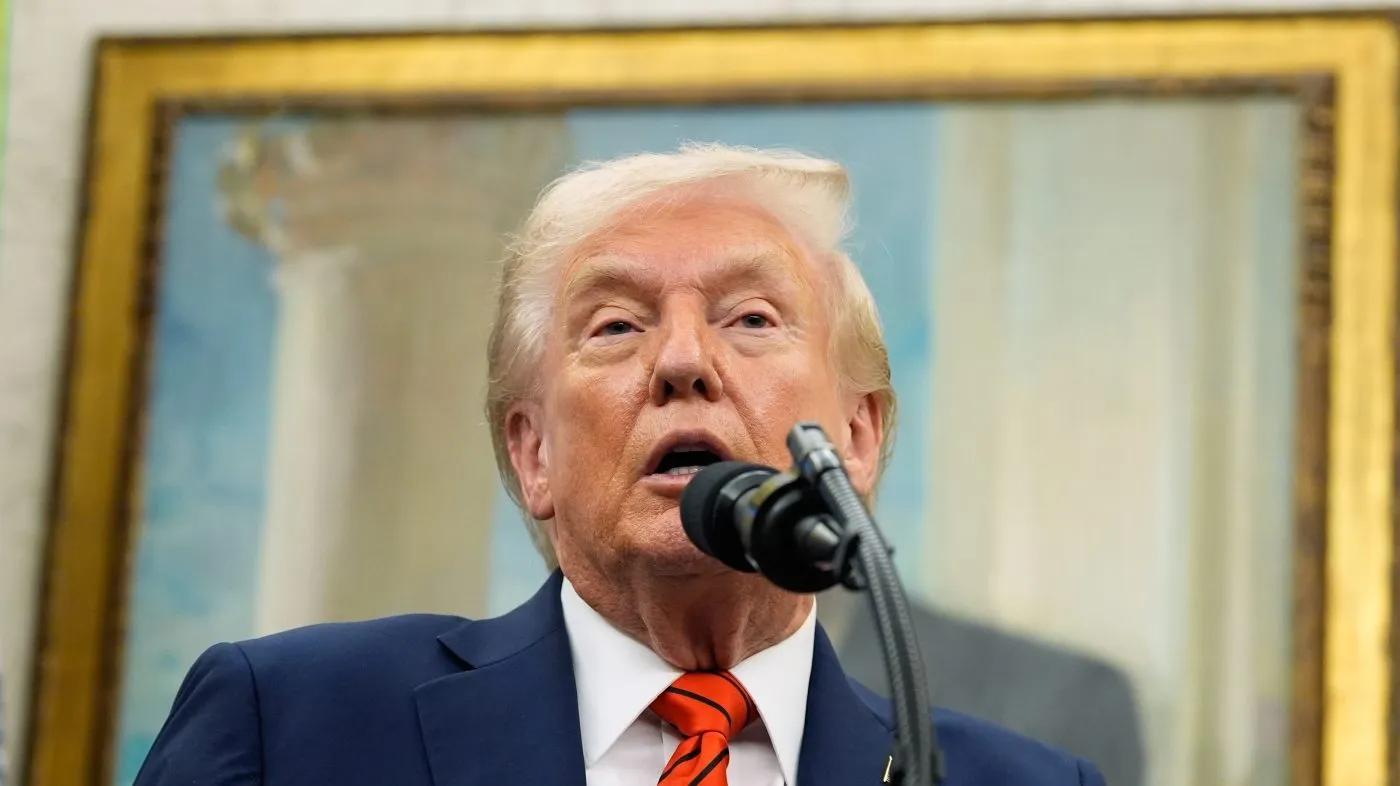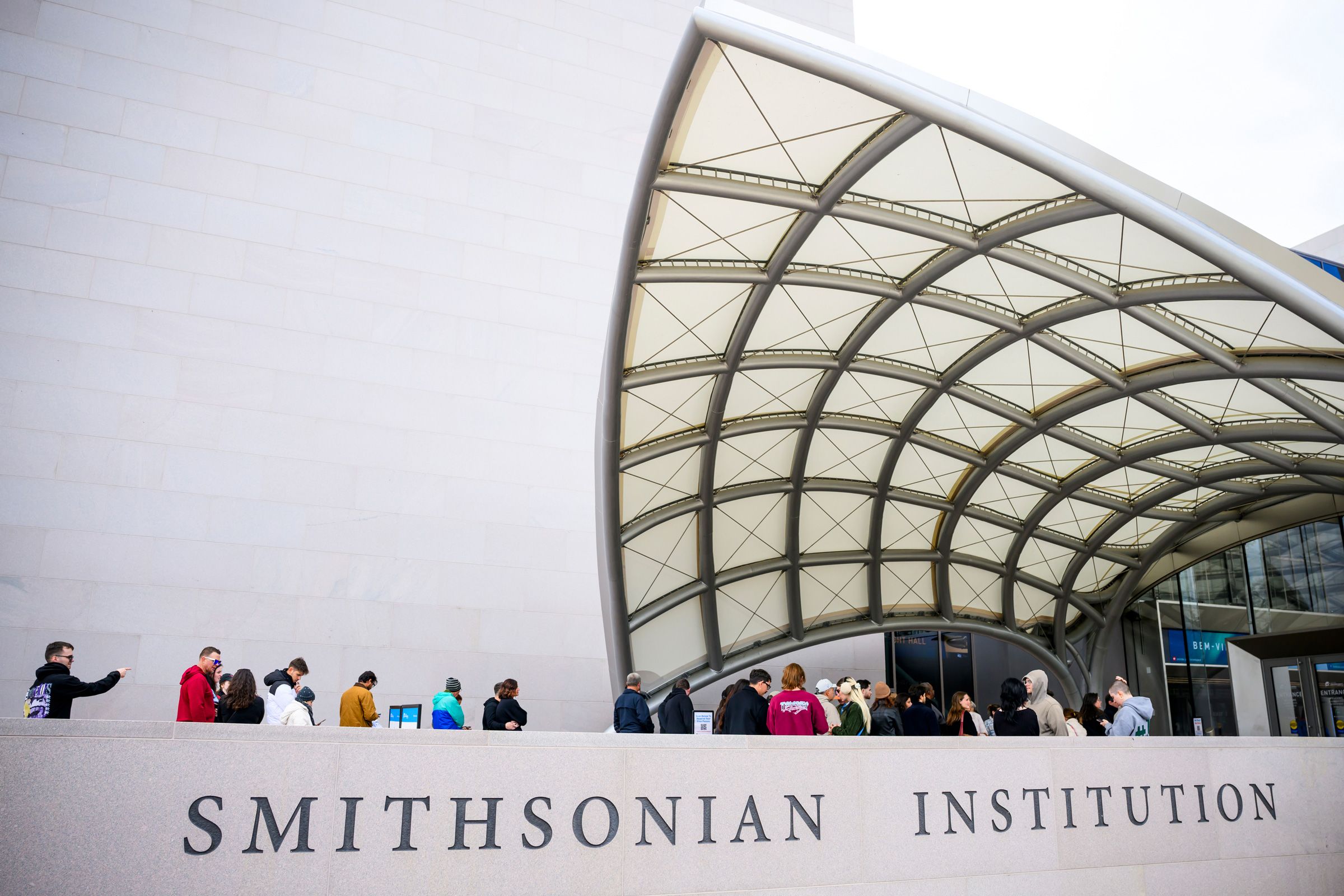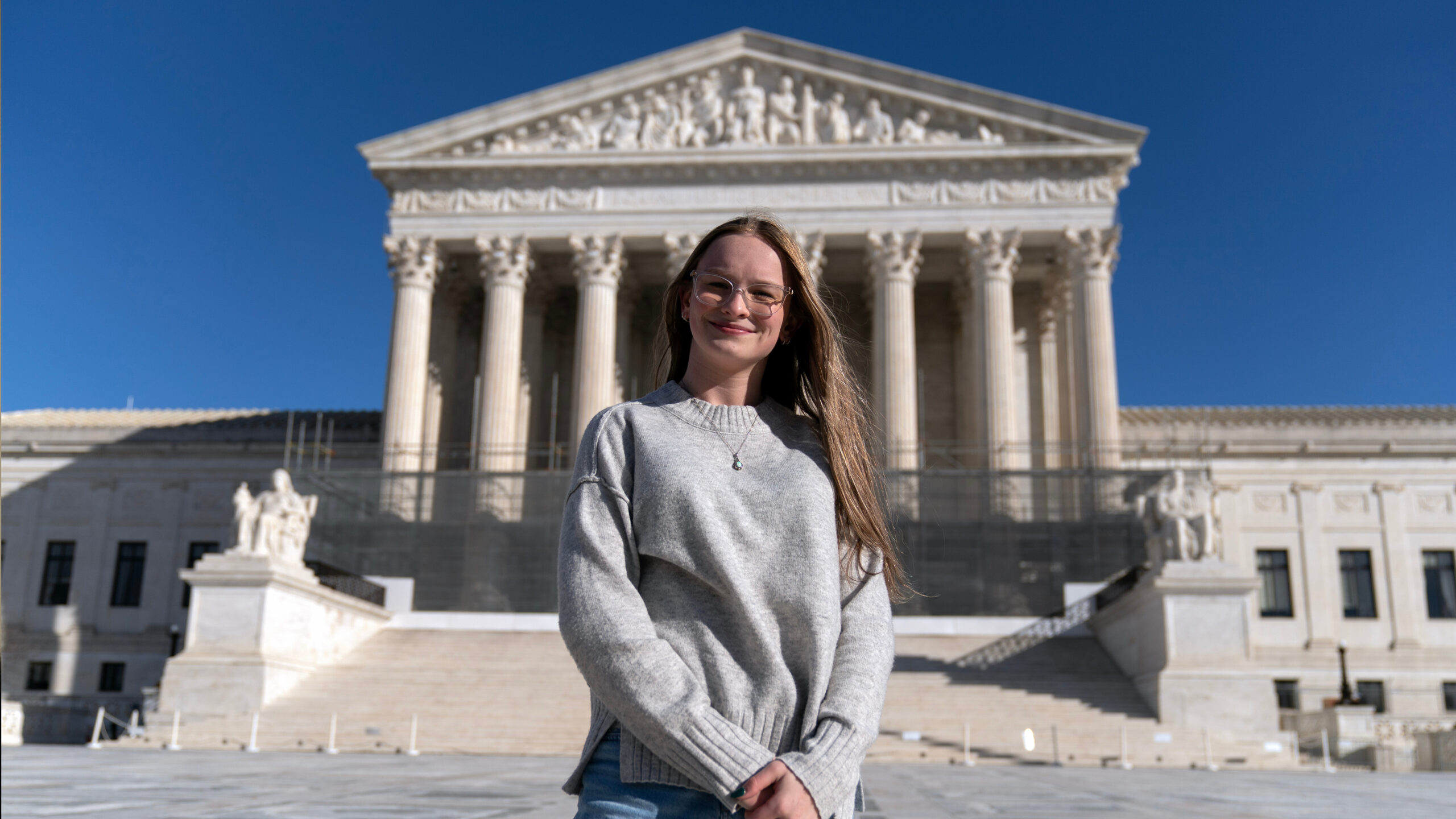Growing Tensions Inside Federal Agencies After the Shutdown
Jenna Norton, a program director at the National Institutes of Health, reported that she was placed on paid leave shortly after the federal government reopened following the 43-day shutdown. Although the notice from human resources clarified that the action “is not being done for any disciplinary purpose,” Norton stated through a personal video that she believes the decision is directly connected to her public criticism of the administration’s management of staffing shortages, budget reductions, and internal pressures. These issues are affecting the agency. She has described worsening operational conditions at the NIH. Notably, many of the challenges she witnessed became more visible during the prolonged lapse in federal funding.
Norton emphasized that she has spoken in her personal capacity, pointing out the severe consequences of staffing cuts on essential research programs. She stated that observing these issues closely has made her increasingly worried about democratic accountability within federal institutions. The situation has drawn interest from policy analysts and advocacy groups. These groups focus on public service protections and the constitutional roles of civil servants. Public records available through the U.S. Office of Special Counsel explain the legal boundaries federal employees must navigate. They must be compliant with workplace regulations when engaging in public speech.
Multiple Employees Report Similar Experiences
Her case is not isolated. The Federal Unionists Network recently shared that Ellen Mei, a U.S. Department of Agriculture employee involved with the Supplemental Nutrition Assistance Program (SNAP), was also placed on leave. She later received a notice of proposed termination. Mei, who also serves as president of an NTEU chapter, argued that her comments about proposed reductions to SNAP funding were intended to inform the public. She aimed to explain how policy changes could affect low-income families.
She clarified that she did not reveal confidential information and reiterated her commitment to serving the public interest. This commitment held even under politically sensitive circumstances. The USDA has maintained that furloughed workers are not authorized to perform official duties or publicly represent the department during a lapse in appropriations. Government workplace guidance from USA.gov outlines common procedures during shutdowns. These include operational limits and communication restrictions for employees.
Mei’s experience, now circulating among federal employee networks, has intensified discussions. These discussions focus on whistleblower protections, public transparency, and the responsibilities of civil servants who believe they are witnessing harmful or unlawful directives. Advocacy groups have referenced existing workplace rights resources such as those provided by the U.S. Department of Labor. These are to help employees understand legal protections and reporting processes.
Civil Service Protections and the Debate Over Public Speech
Norton stated that she believes federal employees have an obligation to speak publicly. This is especially critical when they observe practices that could harm the public or undermine institutional integrity. She argued that civil service protections were created precisely to safeguard employees. These protections support those who raise concerns about governance, policy impacts, and internal directives. These can defy ethical or legal standards.
She acknowledged the personal risk involved in her public remarks. Nonetheless, she expressed that she did not expect her rights to be fully respected but felt it was important to assert them regardless. Her decision has sparked debate within academic and legal communities on the future of federal whistleblower systems. These debates consider the broader implications of employee suspension or reassignment following political criticism. Further information about federal employment protections can be found through resources maintained by the U.S. Equal Employment Opportunity Commission. This entity provides guidance on workplace rights and retaliation claims.
As discussions grow over the balance between employee rights and agency policies, the cases of Norton and Mei continue to raise important questions. These questions relate to freedom of expression within the federal workforce, the role of civil servants in democratic oversight, and the long-term consequences of administrative actions taken during the shutdown.







